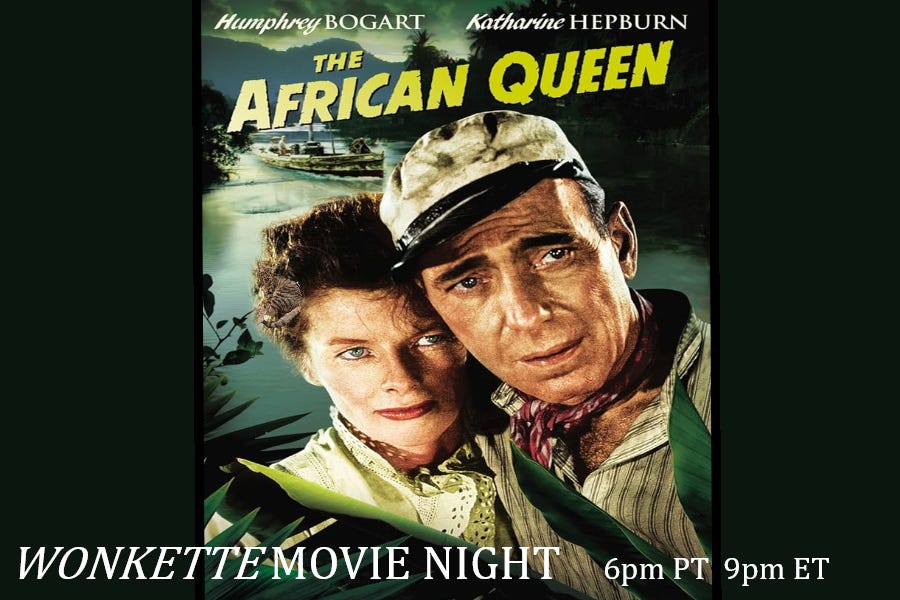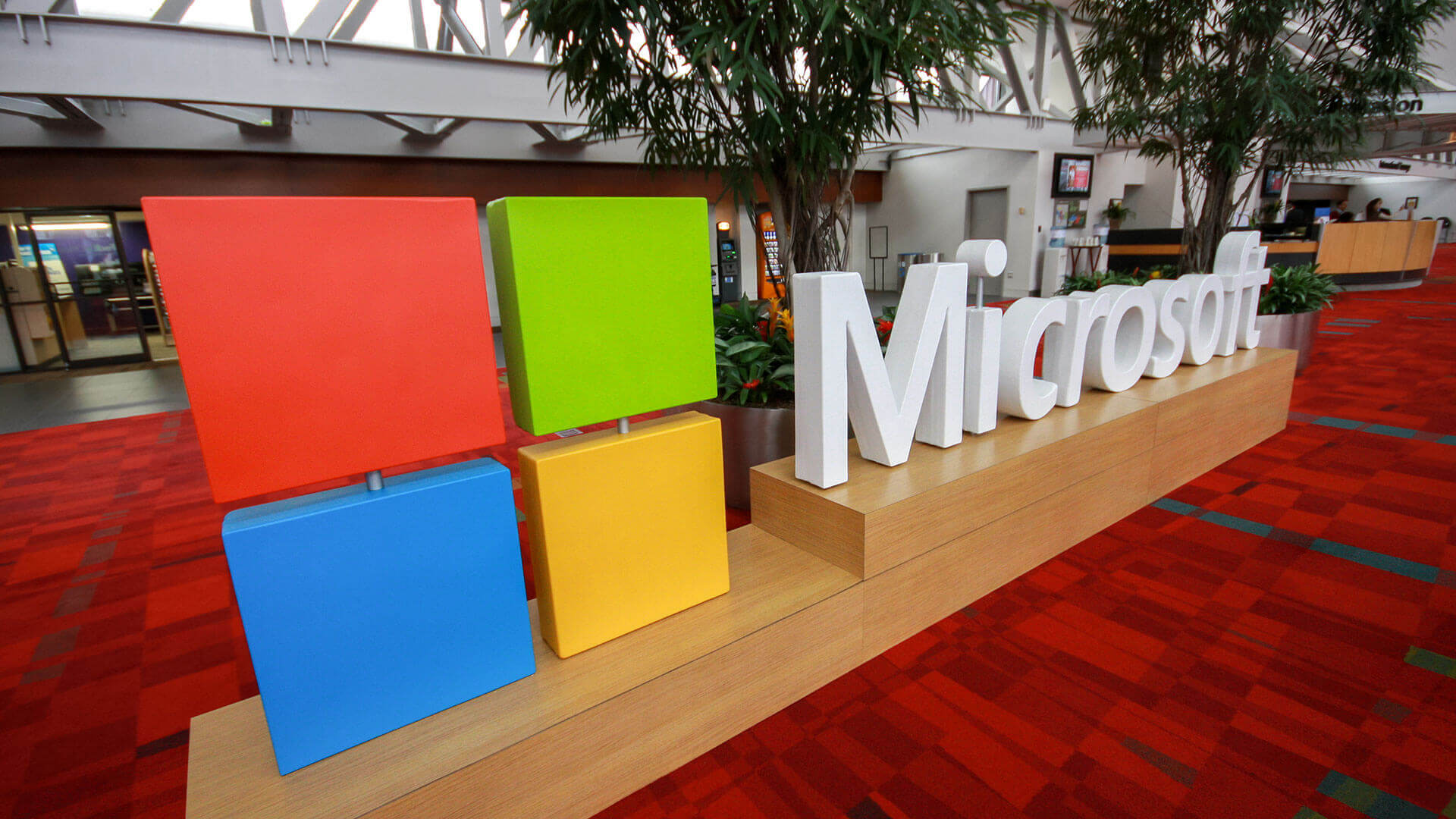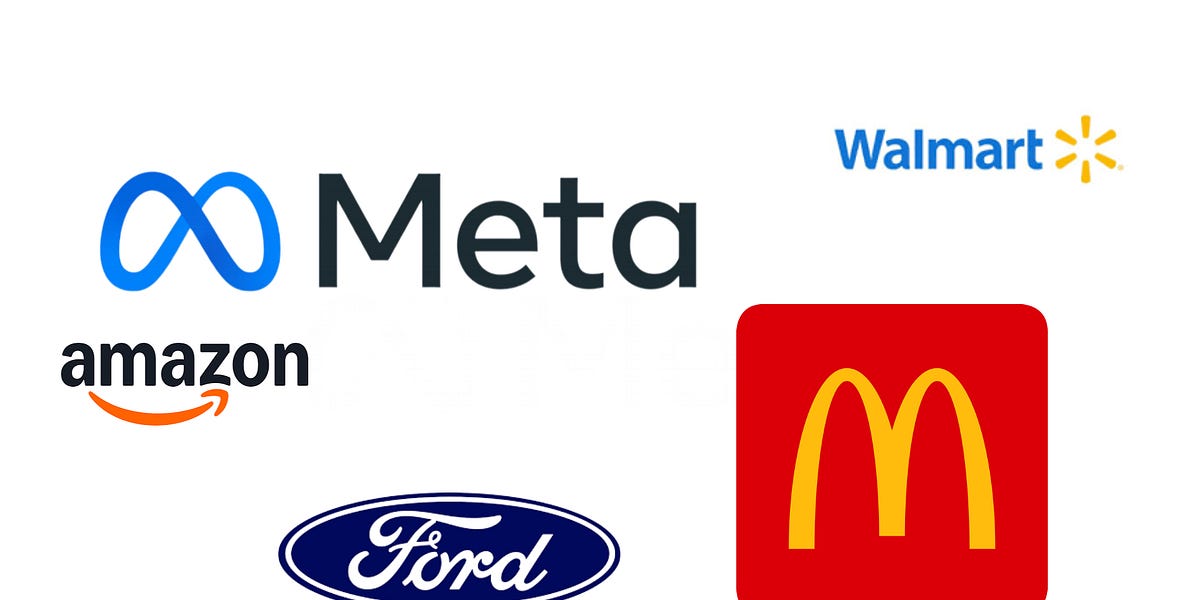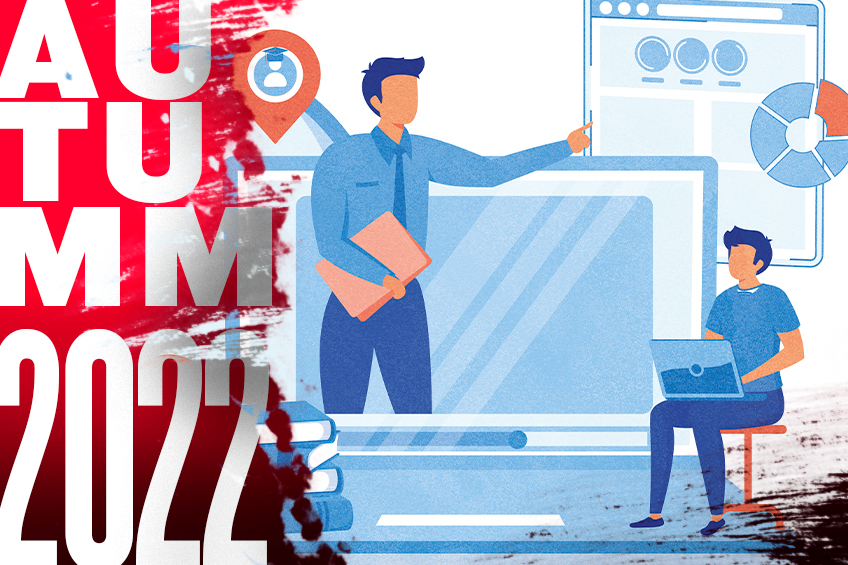Kamala Harris, that mystery wrapped in a question with a chewy enigmatic center, gave a major speech on her economic plans yesterday in Pittsburgh, and followed that up with a one-on-one interview with MSNBC’s Stephanie Ruhle. It was her “first solo interview” with a national network, meaning Tim Walz was off talking about hot dish and sparkplugs with farmers probably, and it didn’t veer off into any weird rants about fictional characters or made-up crimes.
So all the big media outlets that have griped that Harris needs to talk more about policy were obviously happy and said, “wow, that there was a policy speech and interview, all right!” Right? Nah. Apart from some cursory (and snotty) commentary, neither the New York Times nor the Washington Post gave the speech or interview any significant coverage, leaving it to the Murdoch Street Journal (gift link) to actually cover the substance of both.
Here’s the full 24-minute interview, because some networks know enough to put their “exclusive” stuff on YouTube (yes we are grumping at CNN here).
In both the speech and the interview, Harris made clear that she intends to continue and expand the industrial policy that has taken shape in the Biden administration, using the power of the federal government to help boost American industry through tax incentives and investments, or as the Journal put it, “federal intervention,” oh my.
Harris on Wednesday said that if elected president, she would support a new tax credit that will invest tens of billions of dollars in domestic manufacturing. The credit would aim to create jobs in cutting-edge fields such as biotechnology and aerospace production, and to strengthen traditional industries such as iron and steel, Harris said in a policy document.
Why yes, that’s a 74-page policy document, not some notes on a napkin promising a better plan in two weeks. And we’d add that when the document mentions — on page 56 — “modernizing and reducing emissions in steel and iron production,” we’re talking about climate investments, too, because there are so many emerging technologies making it possible to forge steel without carbon-spewing blast furnaces. What we are saying is that a brief line like that in a policy document is shorthand for an entire wave of new industry and, yes, American jobs.
Politico also managed to report on the substance of Harris’s proposals, noting that the speech fleshed out details of her economic plan, “promising to eliminate degree requirements for federal jobs, double union apprenticeships in her first term and reform permitting to speed up building projects.”
In the interview with Ruhle, Harris also got into some of those details, noting that capitalism works best when it has clear regulatory guidelines, but also that if regulations cause more problems than they solve, why then, you change the dang regulations to move things in a better direction. As Lawrence O’Donnell approvingly pointed out on MSNBC last night, Harris very deliberately invoked that other hero of Democratic policy, good old Franklin Delano Roosevelt, who in 1932 called for “bold persistent experimentation” in dealing with the Great Depression.
Specifically, Harris told Ruhle that where it can, the federal government should work with state and local governments to get more housing built:
“It takes far too long and there’s too much bureaucracy associated with homebuilding. And I say that as a devout public servant. I know that we have to reduce the red tape and speed up what we need to do around building.”
Here we intrude with a topic Harris didn’t explicitly mention, but is another area the administration is already working on: permitting reform, to get more clean energy on the grid and to expand and update the energy grid to make use of clean energy. She knows about this stuff. (OK, back to what she did actually say.)
Harris also used the interview to hammer Donald Trump again on his weird fixation with tariffs, which she said reveals
“part of the problem with Donald Trump. Frankly, I’m going — and I say this in all sincerity — he’s not serious about how he thinks about some of these issues. And one must be serious and have a plan and a real plan that’s not just about some talking point ending in an exclamation at a political rally.”
Yes, she also went on to explain that tariffs are paid by American consumers, not by foreign companies.
Harris also explained her opposition to the proposed purchase of US Steel by Japan’s Nippon Steel, noting that virtually none of the new industries she’s touting can get by without steel, and that “having American workers in an American company manufacturing that steel for those new industries is going to be critically important, not only in terms of our economy, but also in the context of national security.” And damn right she has the endorsement of the steelworkers’ union.
Oh, yes and then there were the parts of the interview the Times did bother to notice (no gift link when they’re being dicks). The Times backhandedly noted that Harris’s answers involved substance, but not the kind of substance the Times would prefer:
Instead of offering any explanation for why Mr. Trump polls better on the economy — a matter that has vexed Democrats as President Biden has overseen a steadily improving economy — Ms. Harris instead blasted Mr. Trump’s record. She blamed him for a loss of manufacturing and autoworker jobs and said his tariff proposals would serve as an added sales tax on American consumers.
She said nothing about why voters think Mr. Trump and Republicans would be better on the economy.
So shame on her, we guess, for addressing the real policy differences instead of psychoanalyzing voters?
Oh, also the Washington Post complained that although Harris accurately said in the speech that “almost 200,000 manufacturing jobs were lost during [Donald Trump’s] presidency, starting before the pandemic hit, making Trump one of the biggest losers ever on manufacturing,” she then LIAR-LIARED in the interview by getting the timeline wrong, telling Ruhle, “Even before the pandemic, he lost manufacturing jobs, by most people’s estimates at least 200,000.” Which, yeah, most of the jobs were lost during the pandemic, so clearly the interview was a complete failure, Jesus Christ on a forklift with OSHA-approved hardhat and safety goggles.
In conclusion, good interview, impressive policy document, fuck the Times and WaPo and read the Wall Street Journal discussion with the gift link. Time for lunch!
PREVIOUSLY!
[WSJ (gift link) / Politico / MSNBC interview transcript
Yr Wonkette is funded entirely by reader donations. If you can, please become a paid subscriber, or if you prefer a one-time donation, here is your button to mash.


























































![Social Media Spring Cleaning [Infographic] Social Media Spring Cleaning [Infographic]](https://imgproxy.divecdn.com/9e7sW3TubFHM00yvXe5zvvbhAVriJiGqS8xmVFLPC6s/g:ce/rs:fit:770:435/Z3M6Ly9kaXZlc2l0ZS1zdG9yYWdlL2RpdmVpbWFnZS9zb2NpYWxfc3ByaW5nX2NsZWFuaW5nMi5wbmc=.webp)
![5 Ways to Improve Your LinkedIn Marketing Efforts in 2025 [Infographic] 5 Ways to Improve Your LinkedIn Marketing Efforts in 2025 [Infographic]](https://imgproxy.divecdn.com/Hv-m77iIkXSAtB3IEwA3XAuouMwkZApIeDGDnLy5Yhs/g:ce/rs:fit:770:435/Z3M6Ly9kaXZlc2l0ZS1zdG9yYWdlL2RpdmVpbWFnZS9saW5rZWRpbl9zdHJhdGVneV9pbmZvMi5wbmc=.webp)















